Proposed CA LCFS pathways for corn starch ethanol with carbon capture and sequestration: as low as 37 gCO2e/MJ
Green Car Congress
FEBRUARY 6, 2020
North Dakota-based Red Trail Energy (RTE), which since 2007 has operated an ethanol production facility with annual production of about 60 million gallons per year, is proposing sequestration of CO 2 produced from starch fermentation to lower the overall carbon intensity of the fuel for the California Low Carbon Fuel Standard (LCFS).


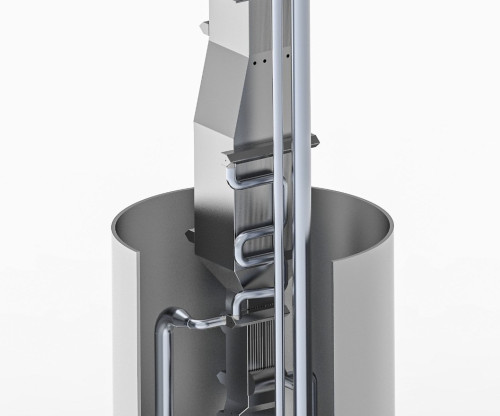
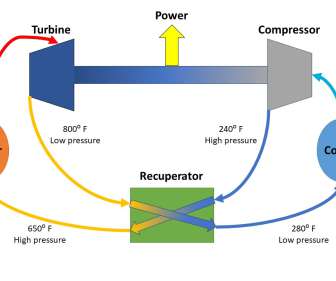
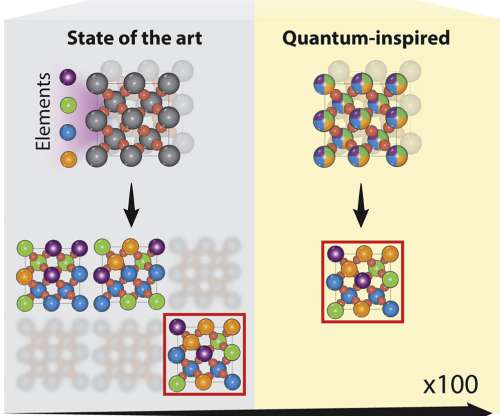







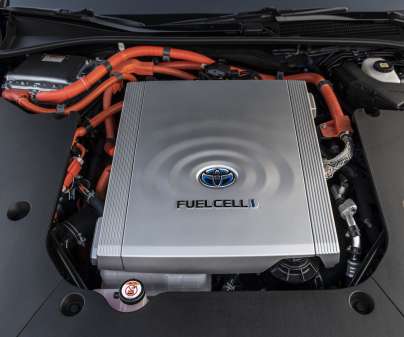




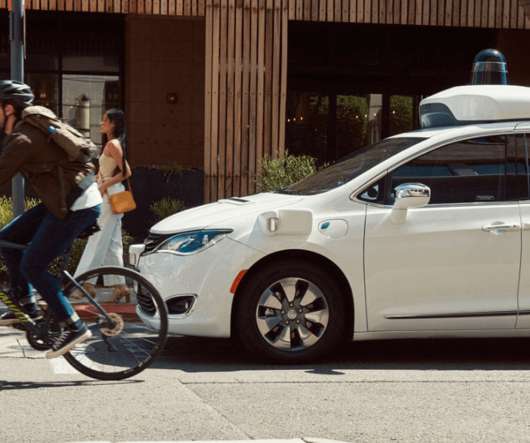



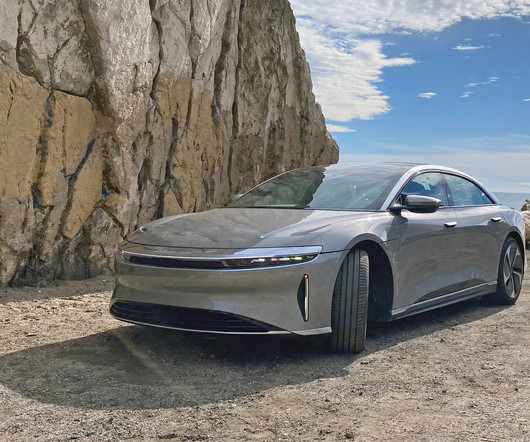







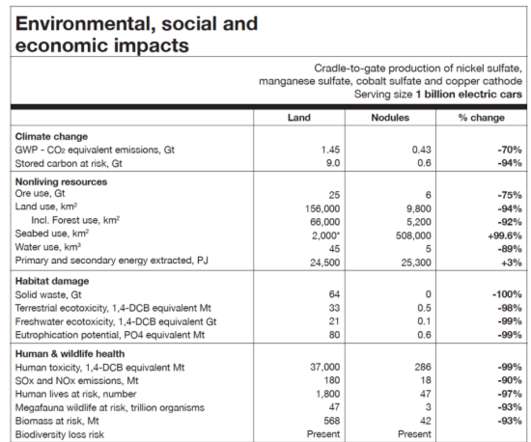


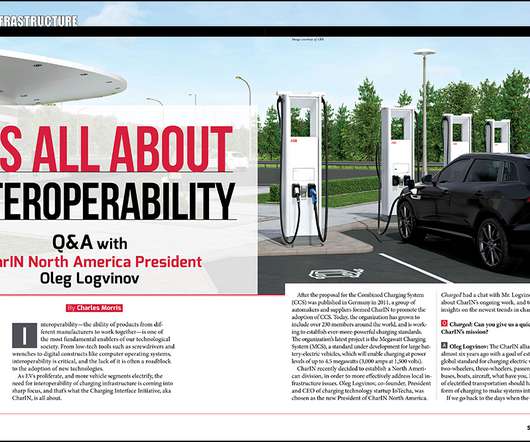








Let's personalize your content